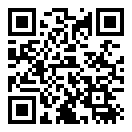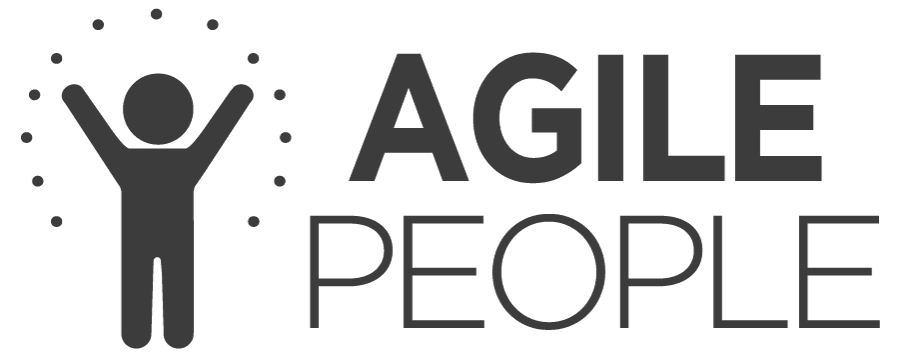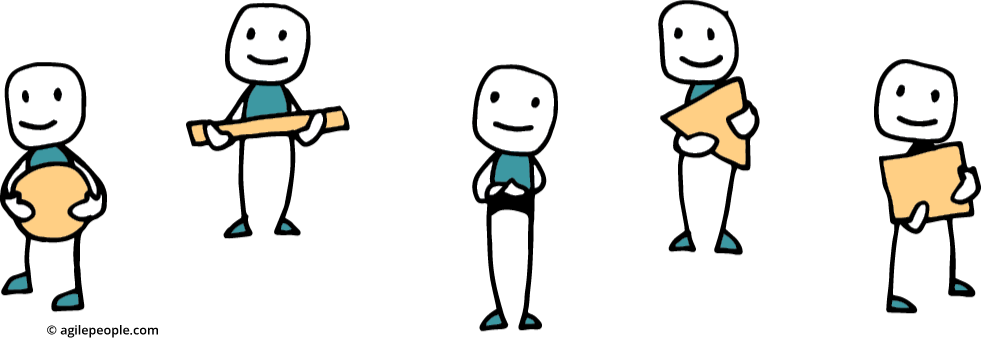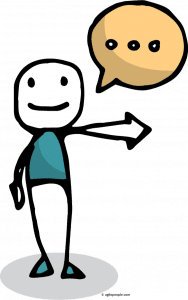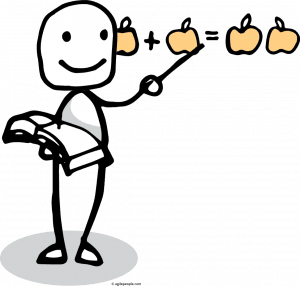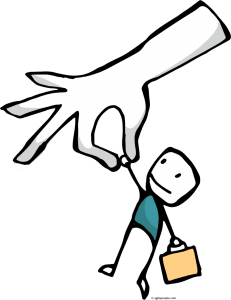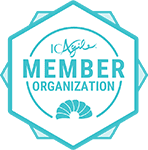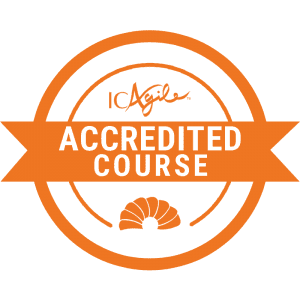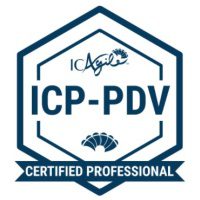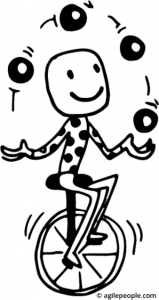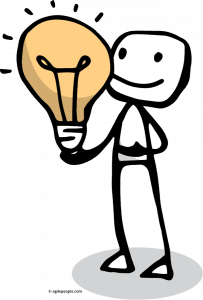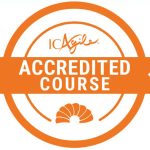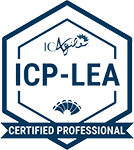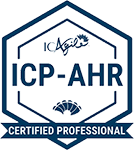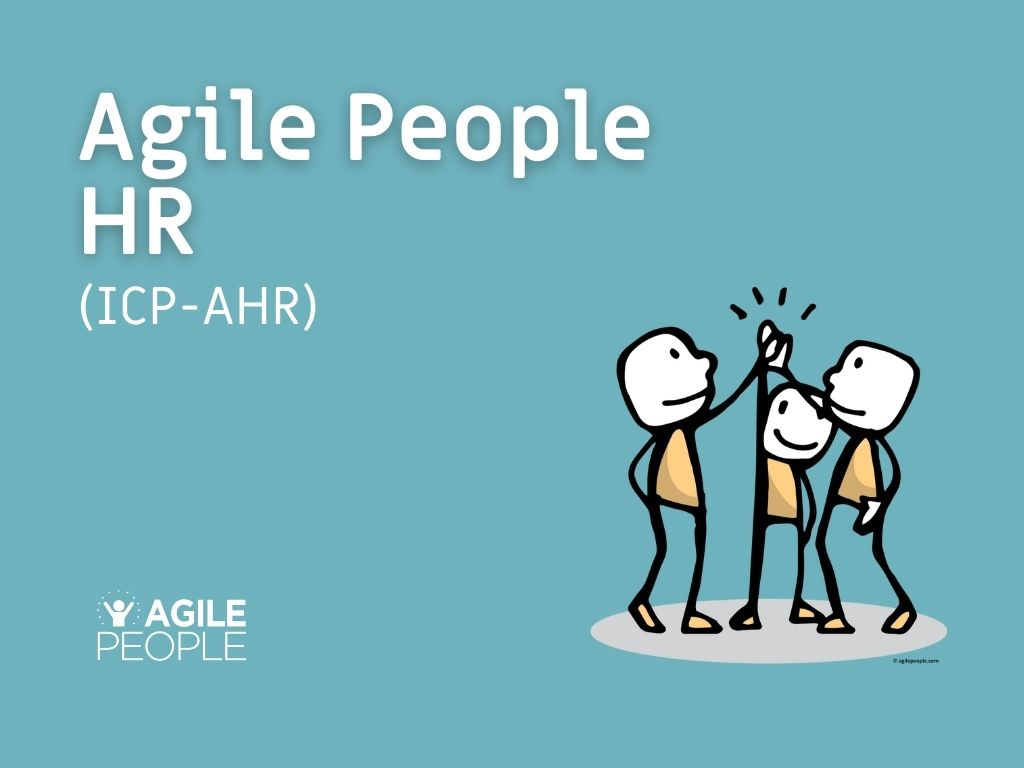
[Italian] Agile People Agility in HR ICP-AHR
Today the most progressive companies have changed the HR role to a more coaching role serving all the people, not just management. Although this changed view of the formal HR role is still not fully mainstream today, many organizations are experimenting with alternative structures, ways of working (like Scrum), and people practices that allow a truly Agile culture to thrive.
You will leave this experience having gained both knowledge and practical skills to bring forward new ways of working and being that place HR in a leading position to create lasting change, engagement, and a truly empowered workplace.
Time Frame
The program is made up of 5 topics that we will cover over 5 intensive online sessions (Zoom).
H01 20/03 h 08:30 – 10:30 How HR’s role is Changing when we need to Increase Business Agility
H02 22/03 h 08:30 – 10:30 How HR can use Tools and Practices from Agile
H03 25/03 h 08:30 – 10:30 Goals and Performance Management and Compensation and Benefits
H04 27/03 h 08:30 – 10:30 Talent Acquisition and On-Boarding
H05 29/03 h 08:30 – 10:30 Learning and Development and Employee Engagement
Target Audience
The target audience for this training includes HR Professionals, Change Agents, People Managers, Agile Coaches, Scrum Master, Agile Project Managers, and people working in companies who require transformation to Agile ways of working. Their current responsibilities may include aspects such as people development, recruitment, performance management, compensation, and employee engagement/motivation.
Organizational development consultants, hiring managers, and Agile transformation leads exploring the people, and structural aspects of transformations will also find this curriculum compelling.
These books written by Pia-Maria Thoren are included in digital format.


Program Content
Agile People Fundamentals
Agile People HR
Session H1: How HR’s role is changing when we need to increase Business Agility
Design the talent/people elements needed to help support an Agile transition in an organization and explain how different contexts can influence the approach to be taken. Job titles, competency profiles, titles, career, succession – how do we do it in an agile organization? User stories for HR and a T-shaped HR person. Employee Journey mapping – pain points. Examples and cases.

Session H2: How HR can use tools and practices from Agile.
Using Scrum, Kanban, Value Stream Mapping, and OKRs for HR is not so different from using it for Software development. What are examples, and how can you design talent/people processes using the agile ways of working? User stories for HR – what do they look like? Examples and cases of Agile HR in reality.
Session H3a: Performance management and examples & cases
Appraise current performance management practices and identify ways of bringing Agile thinking to enhance performance, accountability, and growth. 95/5 Exercise.
Session H3b: Compensation and Benefits
Examples and Cases. Describe and contrast traditional incentive structures with Agile-friendly structures, discuss the pros and cons of each approach, and explain how you could apply them to your environment.
Session H4: Talent Acquisition and onboarding
Design a sourcing strategy that can be used to find and acquire the “right” people to support the strategic growth of the organization taking values, culture, diversity, and collaboration into the hiring decision. Design an onboarding experience that enables new employees to become a part of the organization rapidly and smoothly.
Session H5a: Employee Engagement
Recommend different motivational tools to be applied in a context and describe how the traditional employee engagement survey is changing.
Session H5b: Learning and Development
Suggest ways to enable and support a learning mindset in a team, supporting the shift from a focus on deficiencies to a focus on the development of new skills and capabilities.
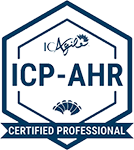
This training is certified by the International Consortium for Agile (ICAgile), a certification and accreditation body.
Upon completion of the course and submission and approval of your course assignment, you will receive (knowledge) certification in ICP-Agility in HR.
PS you need an Agile People Fundamentals or Agile People Business Agility Foundation or Agile People Development in addition to taking the ICP-AHR certification
Learn more about ICAgile ( https://www.icagile.com/ )
Course leader
 Online Delivery
Online DeliveryThis course is available online. Prior to our first session, you will receive access to the Agile People Learning Management System where you will access all of the course content, workbooks, and supporting materials.
We are working with different virtual tools. We will provide you with guided information to access all of the various tools prior to our first session as well as ongoing throughout the experience.
There will be some work to be done after every session, so this class will need your full attention during these intensive days. The certification assignment can be accomplished between the sessions so that you will be ready on the day of the last session. But in this intense tempo, we recommend that you do the assignment after the training has stopped.
Events cancellation policy
If you should have to cancel your registration, a notification in writing should be sent to [email protected]. Please make sure you state the name of the conference/event in the subject line of your email.
- We will refund 85% for cancellations received 60 days before the start of the event.
- We will refund 50% for cancellations received 59 days and 31 days before the event starts.
- We will refund 25% for cancellations received 30 days and 14 days before the event’s start.
- We will issue no refund for cancellations received within 14 days of the event.
- You are allowed to send a colleague.
Trainer
-
Emanuele Moscato
I spent several years working in large companies in different areas (business development, marketing, sourcing, organization, digital innovation) measuring myself in different fields, from software simulation and validation, to strategic sourcing and finally to organizational methodologies. In these experiences I was able to put into practice what I learned in my studies and learn new things using my ability to see and my propensity to think out of the box. Now is the time to help companies improve themselves by providing them with an external, competent and sometimes visionary, point of view. That’s why I decided to take care of companies, and even before the people who make them live, from outside as a consultant. Specialties: Agile, Lean Six Sigma, Innovation, Change Management, Counseling and life coaching.
